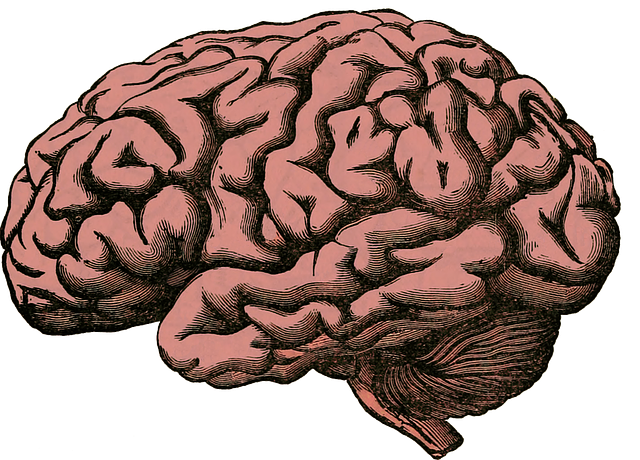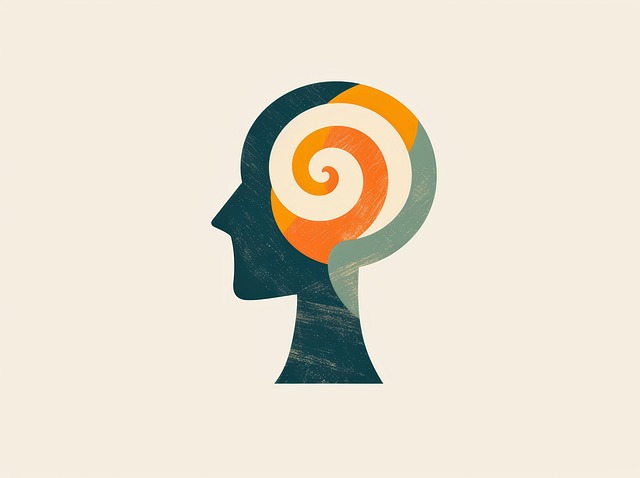Broomfield EMDR Therapy is an effective approach to enhance mental well-being by integrating emotional intelligence and social skills training. By addressing past traumas, this therapy empowers individuals to develop robust coping mechanisms, manage stress, and improve emotional healing. Combining Broomfield EMDR with practices like mindfulness meditation, journaling, and coaching creates a powerful toolkit for navigating life's challenges, fostering resilience, and maintaining overall well-being.
Coping skills are essential for navigating life’s challenges and maintaining mental well-being. This article explores the development of effective coping mechanisms, highlighting the critical role of Broomfield EMDR Therapy. We’ll delve into understanding coping skills, identifying personal stressors, and practical strategies for building a robust toolkit. By integrating these techniques, individuals can better manage stress, overcome traumatic experiences, and foster resilience in their daily lives.
- Understanding Coping Skills and Their Significance
- The Role of Broomfield EMDR Therapy in Developing Effective Coping Mechanisms
- Identifying Personal Stressors and Triggers
- Practical Strategies for Building a Robust Coping Toolkit
Understanding Coping Skills and Their Significance

Coping skills are the psychological tools we use to navigate life’s challenges and manage our emotional responses. These skills play a pivotal role in our overall well-being, enabling us to bounce back from stress, adversity, or traumatic events. Effective coping mechanisms foster resilience, promote healthy emotional healing processes, and enhance our ability to cope with everyday stressors. Understanding these mechanisms is crucial, especially in the context of therapeutic practices like Broomfield EMDR Therapy.
This therapy technique focuses on helping individuals process traumatic memories and emotions, ultimately improving their coping strategies. By integrating Emotional Intelligence and social skills training, Broomfield EMDR empowers clients to manage and regulate their emotional responses more effectively. This holistic approach ensures that individuals not only heal from past traumas but also develop a robust toolkit for facing future challenges, thereby fostering greater emotional well-being and resilience.
The Role of Broomfield EMDR Therapy in Developing Effective Coping Mechanisms

Broomfield EMDR Therapy plays a pivotal role in equipping individuals with effective coping mechanisms to navigate life’s challenges. Through its structured approach, this therapeutic method facilitates profound emotional healing and inner strength development. By addressing past traumatic experiences, Broomfield EMDR helps individuals reprocess and reframe them, reducing their impact on present-day functioning. This process empowers clients to confront stressors and adversities with enhanced resilience, thereby improving their overall mental well-being.
Incorporating Broomfield EMDR into coping skills development is particularly beneficial for mental health professionals who need robust risk management planning. By learning this technique, practitioners can assist clients in managing risks effectively while fostering a sense of empowerment. Moreover, the risk assessment skills honed through EMDR complement professional risk assessment practices, enabling mental health experts to support their clients in making informed decisions regarding their emotional and psychological well-being.
Identifying Personal Stressors and Triggers

Identifying personal stressors and triggers is a crucial step in developing coping skills. This process involves becoming aware of situations, people, or thoughts that cause emotional distress. Through introspection and self-reflection, individuals can uncover specific events or patterns that trigger feelings of anxiety, depression, or anger. For instance, certain work environments, relationships, or even memories might evoke strong negative reactions. Recognizing these triggers is the first step towards managing them effectively.
Broomfield EMDR Therapy offers a structured approach to help clients identify and process traumatic memories or distressing experiences that could be underlying sources of stress. By participating in Stress Management Workshops organized by local mental health initiatives, individuals learn valuable coping strategies such as Mental Wellness Journaling Exercises for Guidance. These workshops empower people with tools to navigate stressors, fostering resilience and enhancing overall well-being.
Practical Strategies for Building a Robust Coping Toolkit

Developing a robust coping toolkit is essential for maintaining mental wellness and navigating life’s challenges. This involves a combination of practical strategies tailored to individual needs. One effective approach is integrating techniques from Broomfield EMDR Therapy, which focuses on reprocessing traumatic memories and enhancing emotional regulation. Through this therapy, individuals learn to identify and challenge negative thought patterns, fostering healthier coping mechanisms.
Additionally, incorporating Mindfulness Meditation into one’s routine can significantly boost coping abilities. This practice encourages present-moment awareness, enabling better management of stress and anxiety. Moreover, participating in Mental Wellness Coaching Programs Development provides structured guidance on building resilience and refining emotional regulation skills. By combining these strategies, individuals can create a comprehensive toolkit to cope effectively with life’s ups and downs.
In conclusion, coping skills development is an empowering process that enables individuals to navigate life’s challenges with resilience. By understanding the significance of these skills and utilizing effective strategies like Broomfield EMDR Therapy, one can enhance their ability to manage stress and overcome difficulties. Identifying personal stressors and triggers is a crucial step in building a robust coping toolkit, allowing for better mental health and overall well-being.














